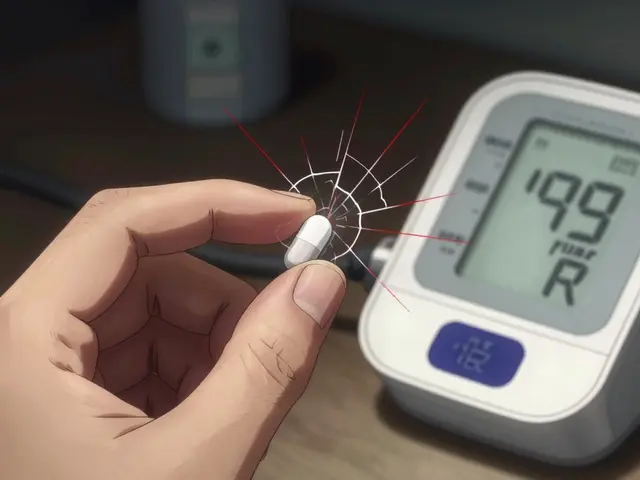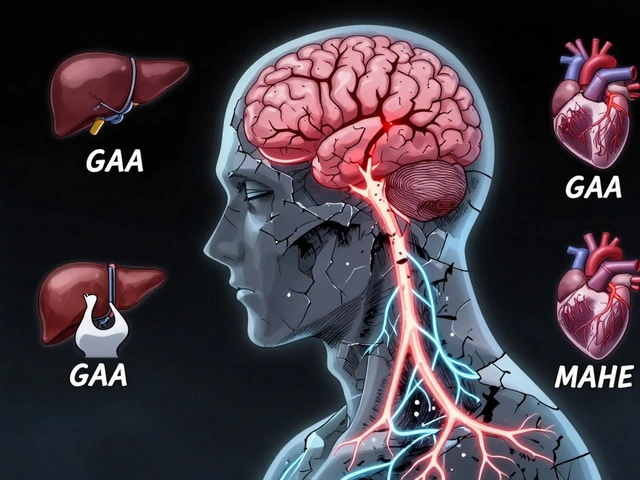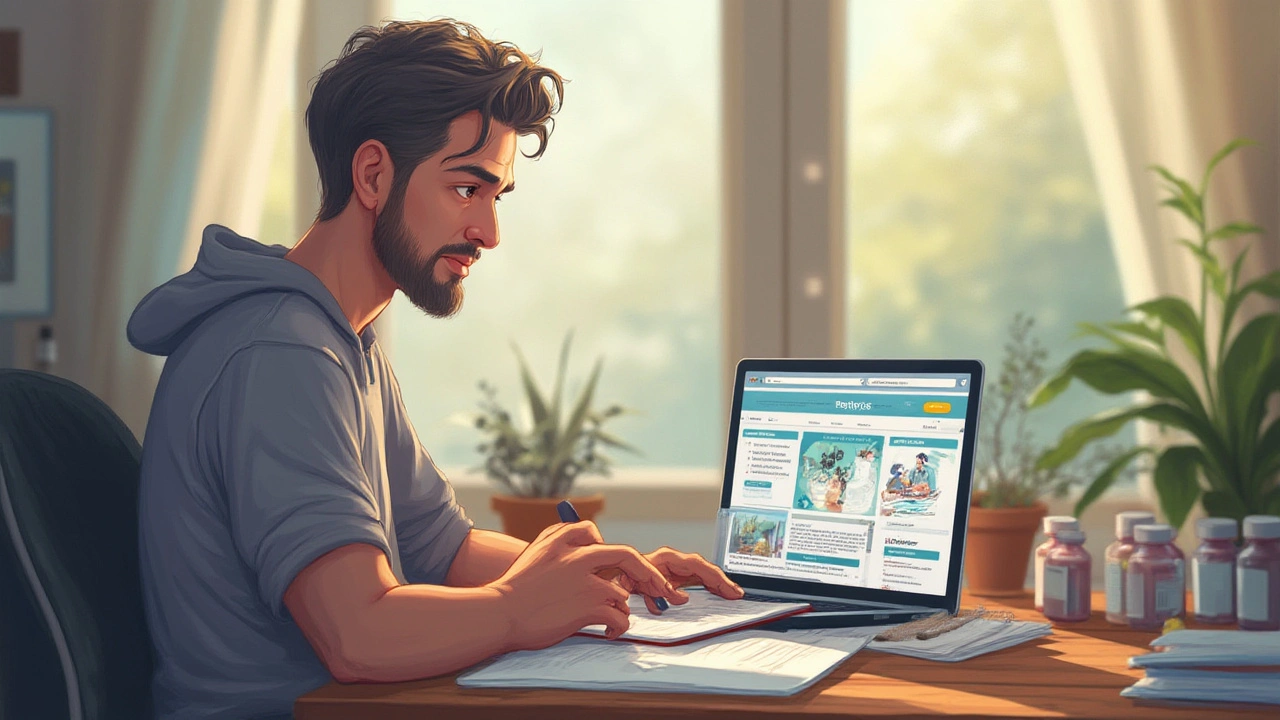Prescription Medication Safety: What You Need to Know
Taking prescription drugs can be a lifesaver, but a slip‑up can cause real trouble. Whether you’re new to a med or have been on it for years, a few simple habits keep you on the safe side. Below are the most useful tricks to avoid mistakes, protect your health, and get the best results from every pill, patch, or injection.
Common Prescription Mistakes to Avoid
Even seasoned patients fall into the same traps. One of the biggest is mixing drugs without checking for interactions. For example, warfarin can thin your blood, and adding certain antibiotics or even some herbal supplements may raise bleed risk. A quick check with your pharmacist or a trusted app can flag such combos before you take them.
Another frequent error is mixing up dosing schedules. Some meds, like prednisone, need a taper, while others, like levothyroxine (Synthroid), work best on an empty stomach. Setting a phone reminder or using a pill organizer with compartments for morning, noon, and night can stop you from taking the wrong dose at the wrong time.
People also forget to verify the legitimacy of online pharmacies. Buying Clomid, Zolpidem, or any other prescription drug from a site without proper licensing can land you with counterfeit pills that may be ineffective or dangerous. Look for a valid pharmacy license, read customer reviews, and double‑check the website’s contact info before you hit “buy.”
How to Keep Your Meds Safe at Home
Storage matters more than you think. Keep heat‑sensitive meds, like insulin or certain antibiotics, in a cool place—not the bathroom where humidity spikes. Pack everything in the original bottle with the label intact so you always know what’s inside.
Keep a written list of every prescription, over‑the‑counter drug, and supplement you take. Update it whenever a doctor adds or removes a medication. This list is a lifesaver if you end up in the emergency room or need to discuss changes with a new doctor.
Disposal is another often‑missed step. Flush‑down pills only if the label says it’s safe; otherwise, use a drug‑take‑back program or follow local pharmacy disposal guidelines. Throwing meds in the trash can contaminate water supplies and pose a risk to curious pets.
Finally, never share your prescription, even with a family member who says “I have the same problem.” What works for you might be harmful to them because of weight, age, or other health conditions. If someone else needs the medication, they should get a proper prescription from their own doctor.
By staying alert to interactions, checking dosing, using reputable pharmacies, and storing meds correctly, you turn a potential headache into a smooth, safe experience. Got a specific drug question? Our guides on warfarin hair loss, buying generic Synthroid online, and safe use of antibiotics like Flagyl ER give you deeper insight. Keep these tips handy, and you’ll protect your health while getting the most out of every prescription.






